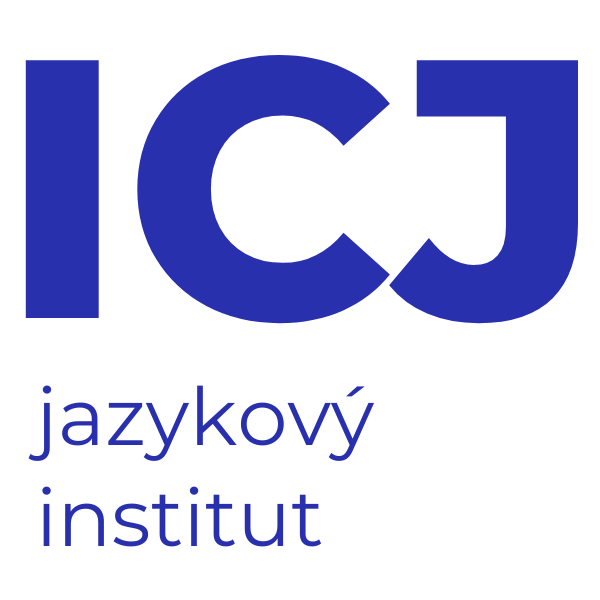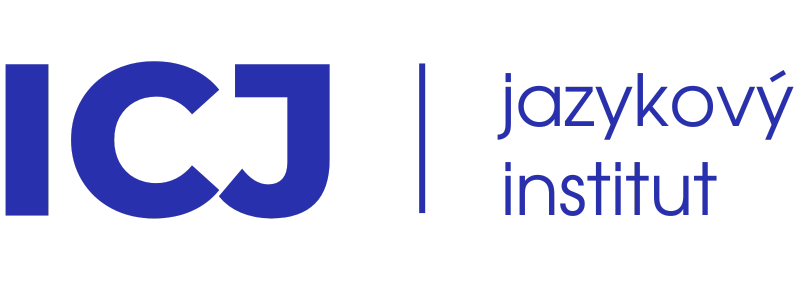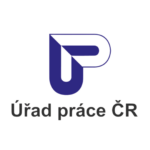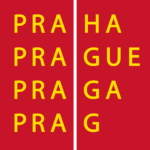How to Break the Catch-22: “I need Czech to get a job, but no one hires me without Czech.”
Of course, the ideal path is moving here to study. Student years are perfect for learning the language: classes, classmates, parties, and new friends—practice is everywhere.
But if you move as an adult, the story is different.
People often end up in a bubble:
— they mostly talk to compatriots,
— work in a company where everyone speaks their native language,
— and even after years in the Czech Republic, they can barely explain themselves in Czech.
Some are fine with that. Most aren’t. A doctor’s visit becomes stressful. A parent-teacher meeting—stress. Even buying medicine—stress.
For adults, there’s one workable path: get a job where you have to speak Czech.
Yes, it’s scary. But that is the strategy that will, sooner or later, give you real fluency and confidence in this country.
What to do in practice?
1) Look for roles that require Czech plus another language
Think “Czech + English” or “Czech + Russian.”
That usually means a multinational environment where colleagues can support you while you ramp up.
2) Enroll in a course
The most convenient option is a course subsidized by the Labour Office (Úřad práce). You can take it with us to the ICJ for free, from A1 to B1.
It shows HR you’re seriously learning—not just “a few minutes on Duolingo.”
3) Practice in real life
Volunteering, internships, traineeships—fast ways to log real conversation hours and add your first Czech line to the CV.
Another very effective tip: find a “conversation mentor.” A student who’ll walk with you an hour a day and chat about news, work, plans—in Czech. After a month of these walks, your language will be on a different level. Proven by many.
4) Ask for a trial day
Instead of a dry “I’m at A2,” tell the employer you’re open to a trial day or task. That shifts focus from mistakes and accent to your actual skills.
5) Present your level the right way
Don’t oversell in your CV. But add what matters to HR: you’re actively practicing and moving toward a goal.
Sample lines for a cover letter:
- Mluvím česky na úrovni A2, chodím na kurzy 2× týdně a každý den procvičuji konverzaci. Jsem připraven/a na zkušební práci.
(I speak Czech at A2, attend classes twice a week, and practice conversation daily. I’m ready for a trial assignment.) - Česky mluvím s chybami, ale dorozumím se a rychle se učím. Chápu důležitost osvojit si profesionální terminologii, věnuji se tomu a zvládnu to do týdne.
(I speak Czech with mistakes, but can communicate and learn quickly. I understand the importance of mastering job terminology and can learn it within a week.) - Můj cíl je do půl roku dostat češtinu na úroveň B2. Pro dosažení toho se každý týden účastním dobrovolnických akcí, mám denní praxi s mým jazykovým mentorem a chodím na certifikované kurzy 2× týdně.
(My goal is to reach B2 within six months. I volunteer weekly, practice daily with a language mentor, and attend certified courses twice a week.)
These sound honest, yet they show that you have a plan and momentum.
6) Learn the language of your job
Not “everything,” but what you’ll use at work: 100–150 phrases from job ads, interviews, and daily tasks.
Practice via role-play and interviews where a friend or a mentor in the role of HR asks real questions in Czech. It mimics stress and prepares you for the real thing.
A 4-Week “Language Sprint” Plan
Weeks 1–2:
Enroll in a course; find a conversation mentor; build a “job vocabulary” list and study it daily; do 3–4 role-play interviews; sign up for volunteering; find Czech YouTube channels you genuinely like and listen for at least 1 hour daily; follow Czech news so your eyes constantly meet Czech words.
Weeks 3–4:
Apply to 10–15 jobs per day (the more applications, the higher your chances); highlight your growth plan and readiness for a trial day in your cover letter; ask friends about shadowing opportunities (observing a colleague at work) and add that to your CV together with your volunteer experience; continue daily one-hour practice sessions with your mentor.
A bit of motivation
Research shows that migrants who regularly immerse themselves in the language environment increase their vocabulary and speaking confidence by 30–40% within the first three months.
After six months of consistent practice, most people—even starting from a low level—can navigate everyday conversations with confidence and handle work-related tasks.
Yes, it’s scary and nerve-wracking at first. But language always “catches up” with those who aren’t afraid to use it.

 Cart is empty
Cart is empty 







